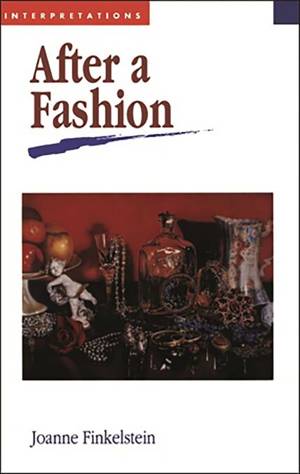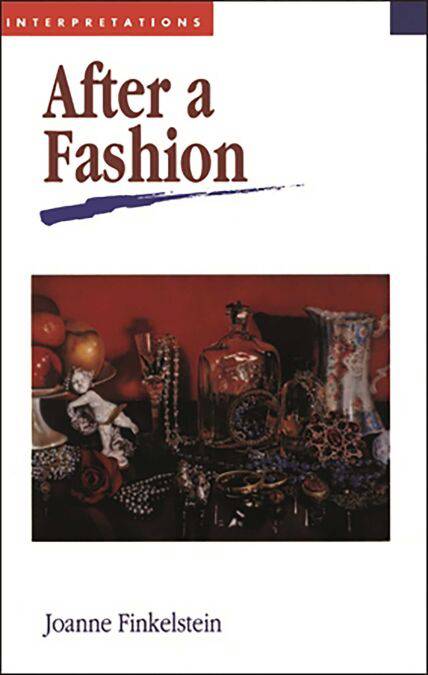
- Afhalen na 1 uur in een winkel met voorraad
- Gratis thuislevering in België vanaf € 30
- Ruim aanbod met 7 miljoen producten
- Afhalen na 1 uur in een winkel met voorraad
- Gratis thuislevering in België vanaf € 30
- Ruim aanbod met 7 miljoen producten
Zoeken
Omschrijving
Fashion is more that supermodels in odd clothes pouting and pirouetting on Parisian catwalks. Commentators and theorists have variously seen fashion as a social, economic or aesthetic force, or sometimes as all three at once. Fashion helps to form our individual identities and lets us stand out from the crowd. Fashion appears to be novel. At the same time it preserves the status quo: it makes us think that change is occurring when the opposite is closer to the truth. After a Fashion investigates the different sides of this hybrid phenomenon. Joanne Finkelstein considers fashion in its various guises-as body decoration and costume, as a language and form of irrational play, as an expression of sexuality and part of the urban experience. Drawing on economics, art psychology, commerce, history and the everyday, she traces and analyses the multiple influences that, in the name of fashion, affect the ways we think and act.
Specificaties
Betrokkenen
- Auteur(s):
- Uitgeverij:
Inhoud
- Aantal bladzijden:
- 136
- Taal:
- Engels
Eigenschappen
- Productcode (EAN):
- 9780522863178
- Verschijningsdatum:
- 31/01/2013
- Uitvoering:
- E-book
- Beveiligd met:
- Adobe DRM
- Formaat:
- ePub

Alleen bij Standaard Boekhandel
+ 9 punten op je klantenkaart van Standaard Boekhandel
Beoordelingen
We publiceren alleen reviews die voldoen aan de voorwaarden voor reviews. Bekijk onze voorwaarden voor reviews.








